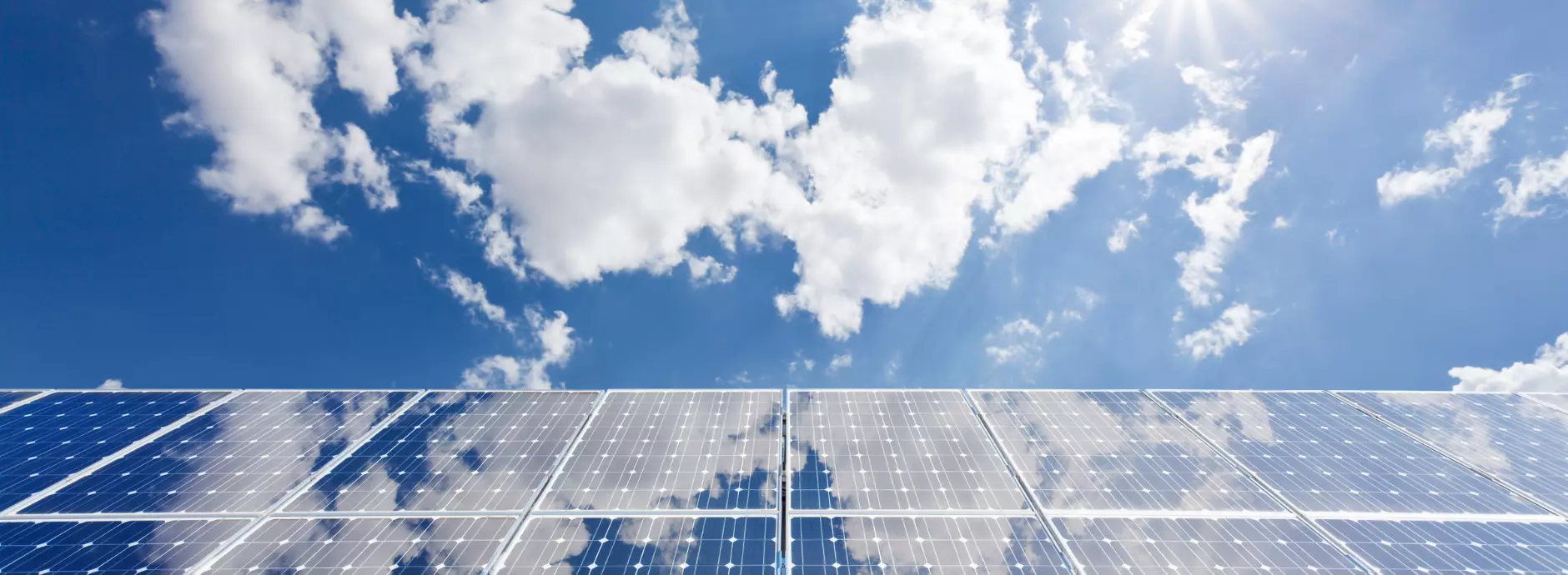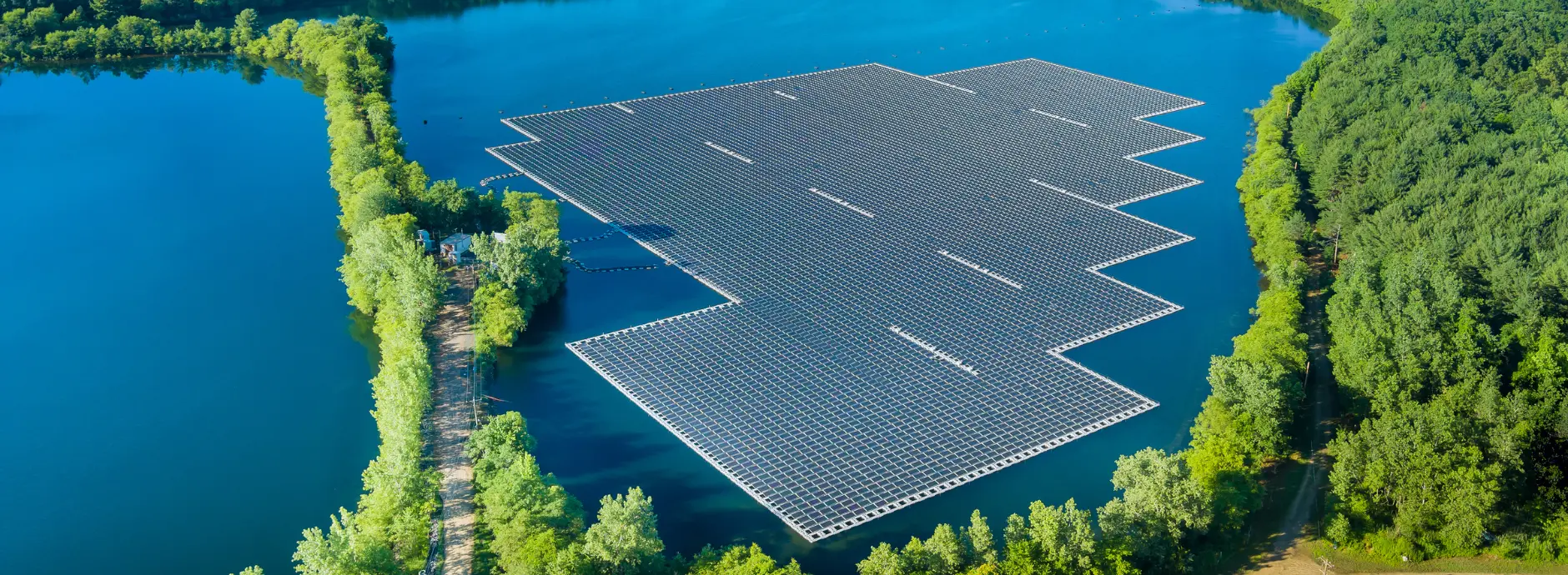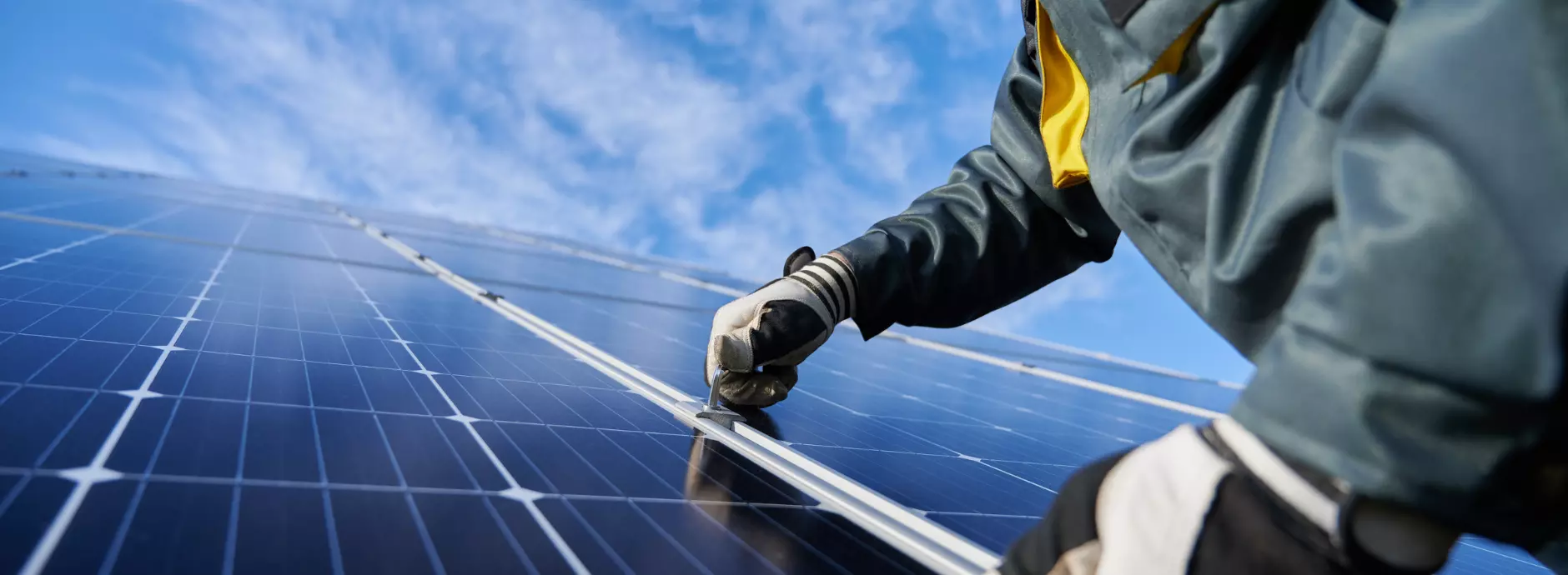Floating Solar Power Plant
Key Benefits
Overview of the Floating Solar Power Plant
Floating solar power plants offer several benefits compared to traditional ground-mounted solar panel systems. For example, they can reduce land use conflicts by utilizing bodies of water that may not be suitable for other uses such as agriculture or development. Additionally, the cooling effect of the water can improve the efficiency of the solar panels, resulting in higher energy output.
Increased energy output
Reduced land use conflict
Water conservation
Cost savings
Increased Energy Output
Water-cooling effect
The water-cooling effect of floating solar panels helps to reduce the operating temperature of the solar cells. This is because water absorbs heat more effectively than air, which can help to improve the efficiency of the solar panels and increase energy output.
Reduced shading
The floating structure of solar panels allows for a more open design with fewer obstructions, which can help to reduce shading and increase the amount of sunlight reaching the panels.
Better orientation
The floating structure of solar panels allows for better orientation towards the sun. Unlike ground-mounted solar panel systems, floating solar panels can be rotated to face the optimal direction for maximum sunlight exposure
Reduced land use conflict
One of the key benefits of floating solar power plants, and it offers several additional benefits beyond just land conservation. By utilizing bodies of water for solar panel installations, we can expand the use of solar power while minimizing our impact on the natural environment.
Water conservation
By covering bodies of water with floating solar panels, evaporation is reduced, which can help to conserve water. Additionally, the shading effect of the panels can reduce the growth of algae, which can improve water quality.
Cost savings
Reduced transmission costs
Floating solar power plants can be installed closer to areas of high electricity demand, which can reduce transmission costs by minimizing the distance that electricity must travel to reach consumers.
Reduced
land costs
Installing solar panels on water eliminates the need to purchase or lease land, which can be a significant cost savings for solar power projects.
Improved
scalability
Floating solar power plants can be easily scaled up or down to meet changing energy demands, without the need for additional land acquisition or construction. This can provide greater flexibility and cost savings for solar power projects over time.
Build Your Dream
Engagement Modes

Solar Leasing
Instead of buying solar panels outright, establishments can lease them from us and pay a fixed monthly fee or based on the amount of consumed electricity.

Solar PPA
A solar power purchase agreement (PPA) is an arrangement where a third-party developer owns, operates, and maintains a solar power system, and the client purchases the energy produced.

Solar EPC
A solar EPC (Engineering, Procurement, and Construction) company provides turnkey solutions for solar power projects, including design, installation, and commissioning of the solar power system.

Solar PSA
A solar power supply agreement is a contract between a solar power producer and an energy consumer for the purchase and sale of solar-generated electricity over a specified period of time.
Contact Us
Ready to Work Together? Build a project with us!
Learn More From
Frequently Asked Questions
How much energy will my solar panels produce?
Home and business owners want to know how much energy they can expect their solar panels to produce. Solar panel installers should be able to provide an estimate based on factors such as the size of the system, the location, and the amount of sunlight in the area.
What are the advantages of solar power generation?
One of the main advantages of solar power generation is that it is a clean, renewable source of energy. Solar power systems do not emit greenhouse gases or pollutants and do not require water to generate electricity. Additionally, solar panels have no moving parts, require little maintenance, and can last for decades.
What are the limitations of solar power generation?
One of the limitations of solar power generation is that it is dependent on sunlight. This means that solar panels are less effective on cloudy or rainy days and do not generate electricity at night. Additionally, the amount of electricity that can be generated by a solar panel depends on factors such as the angle of the sun, the time of day, and the weather. Finally, solar power systems can be expensive to install, although costs have been decreasing in recent years.
